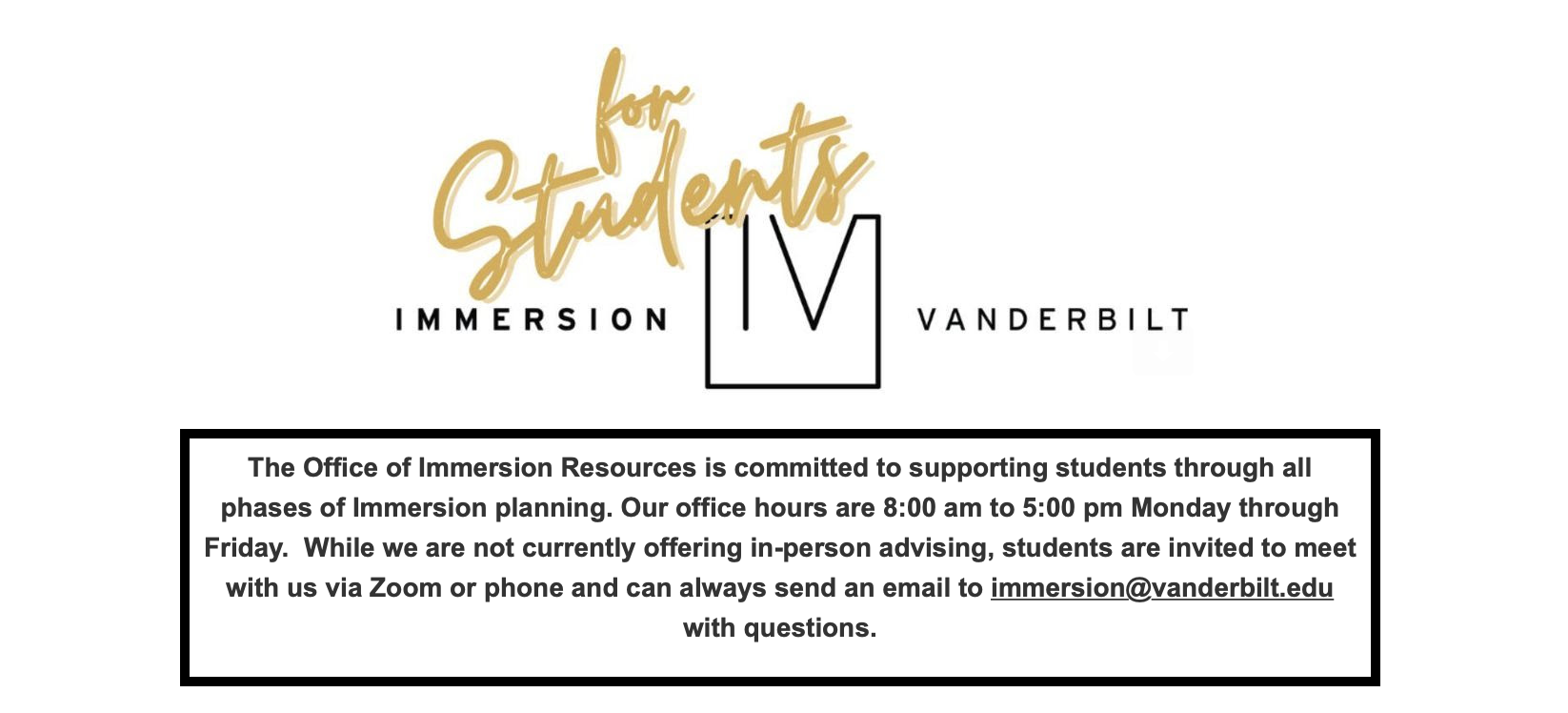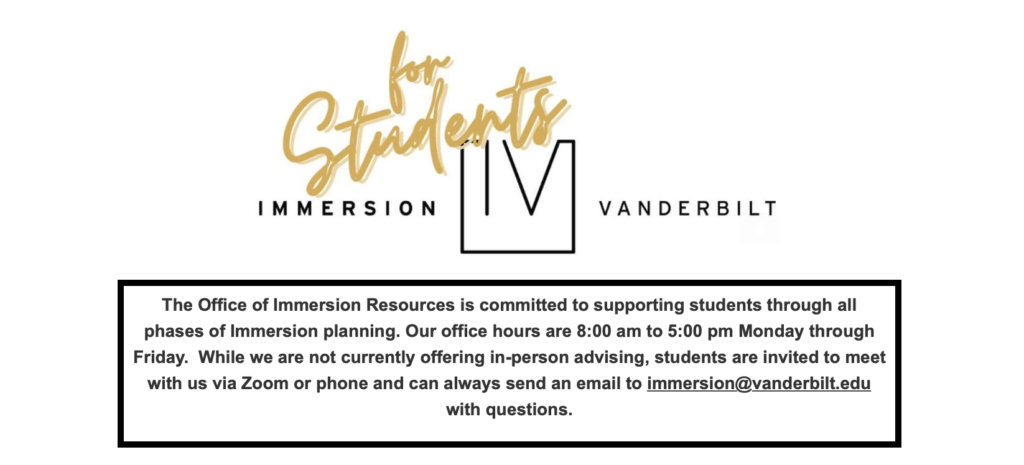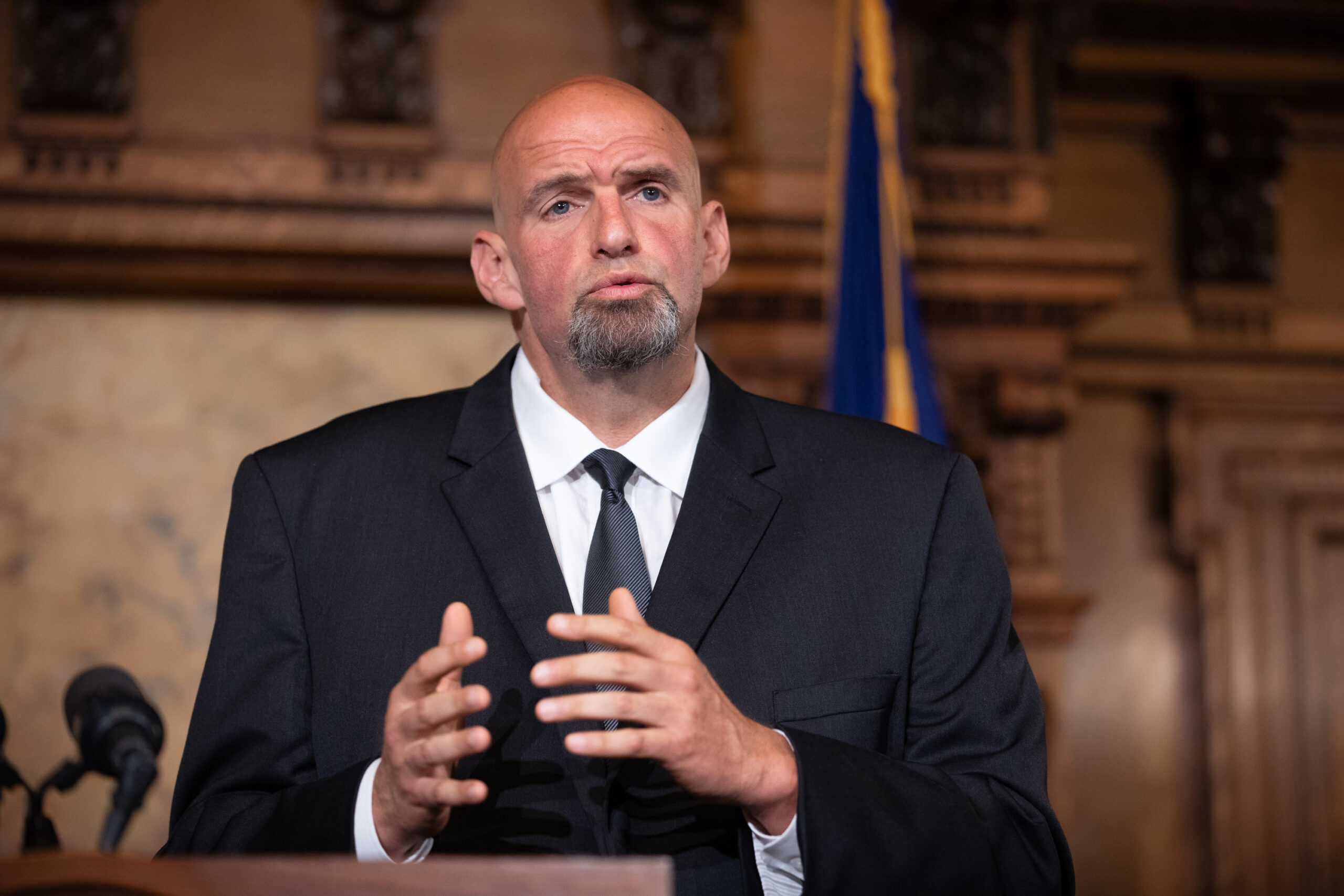

By Hewlett Packin
My name is Hewlett Packin and I’m a sophomore at Vanderbilt University majoring in Economics and Human and Organizational Development.
Throughout my life, I’ve always felt like an outsider.
My family is white and pretty much middle-income, from The Hamptons, New York. Because my parents valued my education, they enrolled me at the local private high school. I was only able to do this by applying for and receiving financial aid in the form of a trust fund from my grandfather. On the other hand, most of my high school friends were from wealthy families who could afford the tuition based on current liquid assets. We all took the same classes, but there were differences in our lifestyles. When they went on skiing and private island vacations, I went snowboarding and stayed at a crowded resort in Cancún. My friends went to a dinner at restaurants with multiple Michelin stars, I was stuck with Nobu. They went out to Starbucks, I opted instead for Panera. Still, we all got into top colleges and went off in different directions.
Like my prep school tuition, I was not able to afford Vanderbilt’s full cost of attendance with my dad’s quarterly investment dividends. It just so happened, by complete luck, that my grandfather’s portfolio saw record-high gains during my senior year of high school and there was enough of a surplus to fund my tuition at Vanderbilt.
This was my big opportunity to thrive and fit in. I came to the school as a trust fund recipient. But I also had two jobs with my uncle’s company and worked 15 hours (technically some weeks it was closer to 20 when my uncle was late to work and I had to answer emails for him) a week in addition to my 13.5-hour course load. I worked hard in my classes, but I worked harder at attempting to blend in with the student body by masking my wealth and privilege.
Thirty percent of the students here are like me: they have the money, but don’t want to be called names for living in a gated community and owning a vacation home. So I started reading up on social justice and activism in an attempt to relate to my disadvantaged and lower-income peers.
For instance, for my economics elective, I enrolled in ECON 3449—Ethical Investment Banking—to learn about how a McKinsey internship can be used for the greater good. I considered taking EES 2460—Environmental Oil Fracking—or even a course in the African American & Diaspora Studies department to increase the breadth of my knowledge, but I had heard enough about those classes from my Nu Upsilon Tau fraternity brother Michael, a like-minded heterosexual white male, to where I had basically already taken them myself.
College has taught me to have empathy for people from different backgrounds. We share our life experiences with one another to help us grow, and I’ve built authentic relationships with people from many different cultural backgrounds, like my Chinese American hallmate Eric, whom I ask for help on my computer science homework and frequently invite to grab Satay, only for him to respond with “not all Asian food is Chinese, you ignorant fuck. I’m also a history major and have never taken a CS class in my life.”
Even though I’m not from the absolute wealthiest family and sometimes I do have arguments with my mom, I realize I do have privilege. And I use my privilege to help underserved members of our community. Not in platitudes, but in actions.
In my free time, I volunteer with WOKE VU twice weekly alongside my fraternity brothers to learn about issues that minority populations face. Last week, we got through the first two chapters of The New Jim Crow and I posted a quote from it on my Instagram story! And in Nashville this past summer, in solidarity with my friends of color, we protested the loss of Black lives at the hands of police violence, being sure to post pictures on my Instagram feed, sandwiched by my reposts of infographics about how we as white men can learn to empathize with our Black friends and neighbors (listening to rap music is a great place to start!).
By my sophomore year, I had built a reputation among my fraternity brothers for being one of the wokest members of the brotherhood. As the year went on, I began receiving emails from the Office of Immersion Resources telling me to start on a so-called “Immersion Plan Proposal.” I felt threatened. Were the Immersion Overlords suggesting I wasn’t doing enough in my academic, social and extracurricular areas? Because most of my work as an activist was in the form of email updates to WOKE VU recommending summaries of anti-racist books to read and J. Cole song lyrics to memorize, it was unlikely that the OIR was familiar with my impact on this campus.
As the busyness of the semester pressed on, so did the persistence of the Office of Immersion Resources. The weekly OIR Student Newsletter emails piled up, each one inflicting damage on my self-image every Sunday afternoon.
I decided to ask my peers their thoughts on the ridiculous Immersion Project. I was met with many discouraging answers from my closest friends—all of them had either managed to piece together Immersion projects out of their investment banking internships or had their fathers “see what they could do” in chats with administration. It seemed I was alone in my protest against the OIR and its arbitrary requirements. I ultimately decided that instead of caving and submitting an Immersion Plan proposal like the sheep surrounding me, I would take on the project as a challenge to become the ultimate heterosexual, middle-class, white male woke icon.
This process, however, was a painful one. Being as unwilling as I was to submit to the powers above, I avoided my eventual confrontation with the OIR until the very last minute possible. I scheduled a meeting two days before the deadline to discuss my potential plan—a series of spoken word poems relating my experience as middle-income and white to the accounts of hardship and systemic racism in Kendrick Lamar’s To Pimp a Butterfly, supervised by Professor Virginia Abernethy, in order to prove that both sides can indeed collaborate in poignant social-justice related discussion. The meeting went extremely poorly, with the OIR staff calling my project “a disgrace” and telling me that I should “seriously reconsider” my plan, a sinister warning of what was to come. Why was this happening? Could they not see that I only wanted to do good with my project?
I felt hopeless. It was a level of fear I couldn’t even process. Everything I had worked for was destroyed, and so was my reputation. I felt like I could never come back from this. I decided that if I could not pull off this ambitious project, I would not comply with the OIR’s policies. I decided to not submit an Immersion Plan proposal out of protest.
In the days following the deadline, I experienced a level of calmness which I had not felt in months. The silence around Immersion Vanderbilt must’ve meant that I was in the right—surely the OIR had gotten my message and was unable to impose its mandates over me any longer. I felt good about what I had done and I continued my regular work as an activist, asking girls in my political science class if they still support Hillary Clinton just as hard as I still do.
This moment of stability and normalcy proved to be elusive—one week after the Immersion deadline, I received an email from the OIR with the subject line “Your Immersion Plan is Outstanding.” I was extremely confused—if I didn’t submit a plan out of protest, why would the office be showering it with praise? I soon realized I had misunderstood the email and that “outstanding” referred to my plan being missing, not phenomenal and one-of-a-kind. What was I to make of this cheap, low blow of a taunt? Upon learning that I had a registration hold placed on my account, I spiraled into insanity.
Things snowballed out of control and would not stop. I was terrified and anxious. This attack on my liberty was so hurtful and emasculating that I began to question my grasp on reality and my sense of self. The OIR was never disciplined; there was absolutely no oversight by the university. In the end, I took the advice of my fraternity brothers and submitted a plan using my employment as an assistant to a hedge fund manager this summer in order to preserve my mental health. My pursuit for enlightening my peers of social justice through a white, middle-class lens was shattered, with no one to pick up the work where I left off.
As I start to metabolize and integrate this harrowing experience, I hope to continue to ally with WOKE VU and other trust fund-recipient activists to show the nuanced face of modern hatred. I challenge my fellow students to consider how social justice is being weaponized to do the exact opposite of social justice; false narratives make people like me seem so much more privileged than we really are. When the Immersion Vanderbilt mob came for me, I was forced into an unsafe space where no one could see my suffering.



